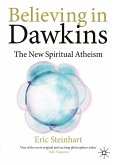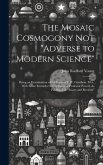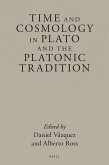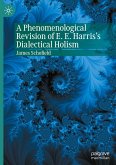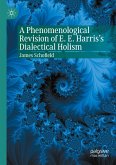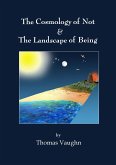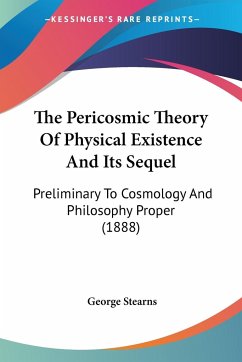This book focuses on two central topics that could help us answer how Plato conceives of the physical world and its relationship to Forms. The first one is the Platonic concept of time. What is it, how is it defined, what is it not, and how does it help us describe the changing realities surrounding us? The second one is Plato's understanding of the perceptible world. How is it related to Forms, and how exactly does it work? These are central, wide-ranging, and highly contested questions garnering attention in recent Platonic scholarship.
This book brings together an international team that aims to offer bold, innovative, and thought-provoking answers to these questions. The nine contributions in this book represent a diverse range of starting points, methodologies, and interpretative traditions whose collective aim is to challenge assumptions about Plato's philosophy and help the reader rethink and revisit the Platonic corpus with fresh eyes.
This book brings together an international team that aims to offer bold, innovative, and thought-provoking answers to these questions. The nine contributions in this book represent a diverse range of starting points, methodologies, and interpretative traditions whose collective aim is to challenge assumptions about Plato's philosophy and help the reader rethink and revisit the Platonic corpus with fresh eyes.



